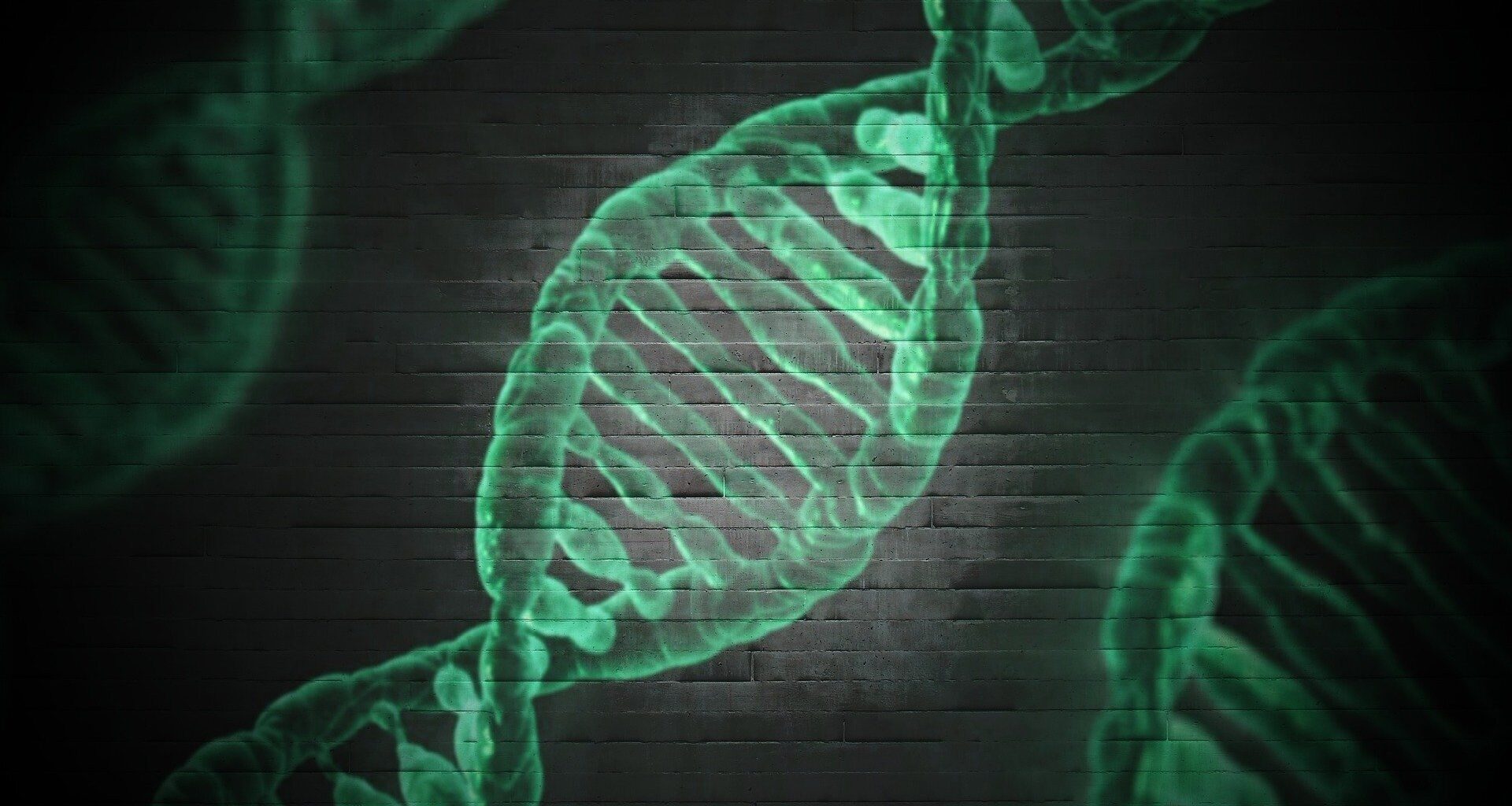
Credit: Pixabay/CC0 Public Domain
Investigators have unveiled for the first time that changes in certain genes affect an aggressive cancer, T-cell acute lymphoblastic leukemia (T-ALL), differently depending on genetic ancestry.
The team includes researchers from Children’s Hospital of Philadelphia (CHOP), St. Jude Children’s Research Hospital (St. Jude), Dana Farber Cancer Institute (DFCI), and the Children’s Oncology Group (COG).
Their collaborative study, published recently in the journal Blood Cancer Discovery, further reinforces the critical role of personalized medicine in advancing the treatment of pediatric cancers such as T-ALL.
Most children in the U.S. newly diagnosed with cancer are treated through clinical trials or with regimens established by earlier trial findings. Increasingly, these frontline trials use prognostic biomarkers to guide treatments related to whether patients have high risk or low risk disease. While previous studies found that genetic ancestry affects how certain gene changes appear in cancer, researchers can now show that these gene changes may also predict outcomes differently depending upon an individual’s ancestry.
“Our research demonstrates it is essential to ensure the equitable implementation of genomic biomarkers in treatment decisions or we may introduce disparities,” said David T. Teachey, MD, a lead study author at CHOP and Chair of the Acute Lymphoblastic Leukemia Disease Committee in the COG. “Without this critical step, we risk misclassifying patients into the incorrect high- or low-risk groups, potentially causing undertreatment and increased risk of relapse, or overtreatment and unnecessary side effects, especially in populations of non-European descent.”
Study participants were enrolled in the COG’s multicenter phase 3 randomized clinical trial conducted from 2007 to 2014. Of the eligible participants evaluable with T-ALL, researchers analyzed complete sequencing for 1,309 individuals included in this study. They found that 80% had mutations in genes where prognostic impact varied depending on their genetic ancestry.
For example, a gene called NOTCH1 was linked to better survival in patients of European ancestry but was not associated with better survival in patients of African ancestry. Importantly, this collaborative study brought together experts in the diagnosis and treatment of T-ALL, leukemia genomics, genetic ancestry and social determinants of health research, including study co-author Kira Bona, MD, MPH from DFCI.
“The study provides another important example of the way in which heritable and tumor-acquired genetic variations interact to determine the features and behavior of leukemia,” said study author Charles Mullighan, MBBS (Hons), MSc, MD, Senior Deputy Director of the St. Jude Comprehensive Cancer Center.
The study evaluated tools that group patients into risk categories. One method worked well for everyone, no matter their ancestry. But another tool used, developed mainly from European data, sometimes gave misleading results for people from backgrounds other than European ancestry. The researchers also emphasized that certain genetic ancestries may be associated with more aggressive disease forms or different responses to treatment.
“Our groups have a long-standing interest in how genetic ancestry affects cancer biology in children. This study is another example of the fruitful collaboration with COG that led to the discovery of a new genetic basis for racial/ethnic differences in leukemia,” said co-corresponding author Jun J. Yang, Ph.D., Endowed Chair in Pharmacogenomics of the St. Jude Department of Pharmacy and Pharmaceutical Sciences.
“The lessons learned from this work should be investigated in other types of cancer in children and adults to improve outcomes for patients of all ancestral backgrounds,” said first author Haley M. Newman, MD, a junior faculty member at CHOP.
More information:
Haley Newman et al, Impact of Genetic Ancestry on Genomics and Survival Outcomes in T-cell Acute Lymphoblastic Leukemia, Blood Cancer Discovery (2025). DOI: 10.1158/2643-3230.BCD-25-0049
Provided by
Children’s Hospital of Philadelphia
Citation:
Researchers find that genetic ancestry influences how gene mutations impact cancer prognosis (2025, June 24)
retrieved 24 June 2025
from https://medicalxpress.com/news/2025-06-genetic-ancestry-gene-mutations-impact.html
This document is subject to copyright. Apart from any fair dealing for the purpose of private study or research, no
part may be reproduced without the written permission. The content is provided for information purposes only.
